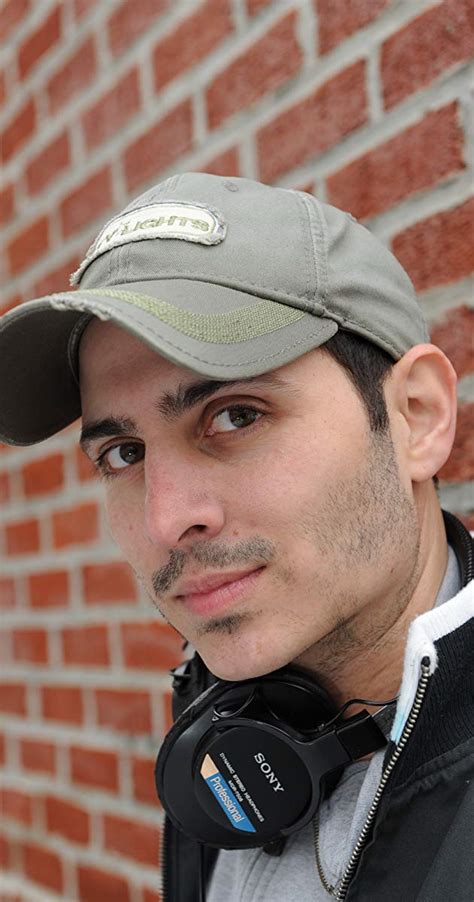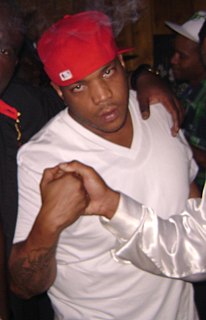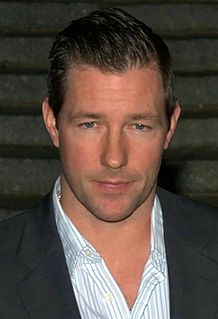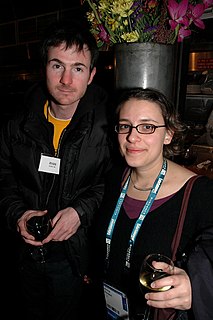A Quote by Judd Apatow
I've made movies on every part of the spectrum, and you do understand when you go into certain movies that you're trying to elicit a certain kind of response from the audience, and people get a real sense of satisfaction when they're rooting for a character and the character pulls it off.
Related Quotes
I'm not a big fan of violent movies, it's not something I like to watch. And it's not my aim or goal to make a violent movie. My characters are very important, so when I'm trying to depict a certain character in my movie, if my character is violent, it will be expressed that way in the film. You cannot really deny what a character is about. To repeat, my movie end up becoming violent, but I don't start with the intent of making violent movies.
When you're a child, and you're growing up, and you're mimicking a certain character, or you're trying to live and breathe a certain character on set for eight years that are also your formative years, you oftentimes take a lot of who you're playing into your real life and kind of become that thing.
The earliest influence on me was the movies of the thirties when I was growing up. Those were stories. If you look at them now, you see the development of character and the twists of plot; but essentially they told stories. My mother didn't go to the movies because of a religious promise she made early in her life, and I used to go to movies and come home and tell her the plots of those old Warner Brothers/James Cagney movies, the old romantic love stories. Through these movies that had real characters, I absorbed drama, sense of pacing, and plot.
There are movies that require fantasy and slightly more fantastical acting. Lines that are good for certain movies, in real life circumstances, would be absolutely unbelievable things to really say, and you would look at these people like they're freaks for conversing that way. But somehow for certain styles of movies, it works, and it seems fine.
You have a certain objectivity, as a member of the audience, and you can come away maybe being provoked into a certain discourse or a certain arena of questioning, regarding how you would deal with things that your character has to deal with. Whereas when you're doing a film, once you start asking, "What would I do?," you're getting the distance greater between yourself and the character, or you're bringing the character to you, which I think is self-serving, in the wrong way. The idea is to bring yourself to the character.
Steven's Spielberg is one of the most visually talented and character-oriented directors I've ever worked with. And I learn from him every time I watch one of his movies. Good or bad - and he has made some awful movies - they're never uninteresting. He's made four or five of the greatest movies of all time. Perfect movies, like E.T. or Schindler's List or Saving Private Ryan.
There have been times I thought that when I got a certain point in the story, a certain character was going to do a certain thing, only to get to that point and have the character make clear that he or she doesn't want to do that at all. That long phone conversation I thought the character was going to have? He hangs up the phone before the other person answers, and twenty pages of dialog I had half written in my head go out the window.
I don't even know why, but my entire career is contemporary films. Entire career! There's no period movies - there's one - but there's no period movies, no special effects movies. I just do character studies and so, some of them are gonna bump into each other, but I love the challenge, with a good script. I love the challenge of playing not a very pleasant or attractive character that seduces an audience or wins an audience over by the end.






































